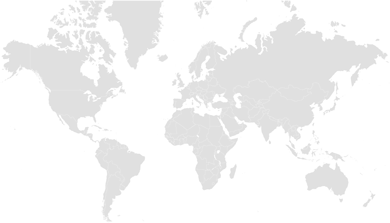Guidelines and manuals
2020 • CGIAR Research Program on Water, Land and Ecosystems - International Water Management Institute (IWMI) Training manual for fecal sludge-based compost production and application
The manual provides comprehensive guidance on the safe production and application of fecal sludge (FS)-based compost. It covers best practices for health, environmental safety, and technical operations involved in FS treatment, composting, and product enhancement. Intended for plant managers, trainers, and compost facility operators, the manual outlines procedures for co-composting FS with organic waste, ensuring pathogen reduction and nutrient recovery for agricultural reuse. It is adaptable to different contexts and promotes sustainable waste management practices.
Recovered Materials & Products
Compost
Digestate
Soil conditioner
Waste Streams
Faecal sludge
Organic solid waste
Confirmed countries
Afghanistan Australia Mexico United States of America





What is this tool intended for?
The manual is designed to guide the safe and effective composting of fecal sludge in combination with other organic waste. It aims to reduce health risks associated with faecal sludge while producing high-quality compost for agricultural applications mainly, and secondly in landscaping and forestry.
How does this tool work?
The manual outlines a step-by-step composting process, from FS drying, co-composting with organic waste (using optimal C:N ratios), to product quality enhancement (e.g., nutrient enrichment and pelletizing). It includes operational guidelines, safety measures, and monitoring protocols to ensure the compost meets safety and quality standards.
Who might use this tool and with which types of stakeholders?
- Compost facility managers and operators
- Trainers in fecal sludge management and compost production
- Waste management authorities
- Agricultural extension workers
What stages of a process can this tool support?
- Fecal sludge collection and preprocessing
- Co-composting and maturation stages
- Quality assurance, enrichment, and product packaging
- Compost application and field guidelines
What skills, capabilities and resources are required to use this tool?
- Basic knowledge of composting principles
- Skills in waste handling and safety protocols
- Access to composting infrastructure (drying beds, co-composting platforms, monitoring tools)
- Data recording and analysis for process monitoring
Where can this tool be used?
Applicable globally, especially in regions with on-site sanitation systems. Suitable for urban, peri-urban, and rural contexts where fecal sludge-based compost can support agriculture, landscaping, or reforestation projects.
Case examples of where this tool has been used
Ghana and Sri Lanka
Get the Tool
The manual is available online and freely accessible at the link below
https://www.susana.org/knowledge-hub/resources?id=4930
Technologies
Composting
Themes
Capacity building
Operation and maintenance